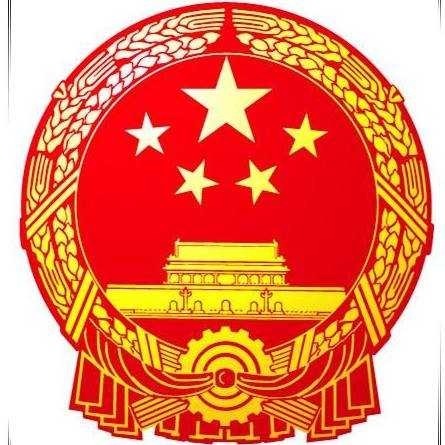BEIJING, Aug. 10 (Xinhua) — A white paper, titled “The Taiwan Question and China’s Reunification in the New Era,” will give a significant boost to efforts to pool strength for national reunification and rejuvenation.
The white paper, published by the Taiwan Affairs Office of the State Council and the State Council Information Office on Wednesday, comprehensively elaborates on the position, principles and policies of the Communist Party of China (CPC) and the Chinese government on advancing and realizing national reunification in the new era.
It bears great significance in strengthening the trend of opposing “Taiwan independence” and advancing national reunification, resolutely curbing separatist activities and interference from external forces, and firmly safeguarding national sovereignty and territorial integrity.
Resolving the Taiwan question and realizing China’s complete reunification is a shared aspiration of all the sons and daughters of the Chinese nation. The CPC, the Chinese government, and the Chinese people have striven for decades to achieve this goal.
Since the 18th National Congress of the CPC in 2012, the CPC and the Chinese government have adopted new and innovative measures in relation to Taiwan. They have continued to chart the course of cross-Straits relations, safeguard peace and stability across the Taiwan Straits, and promote progress towards national reunification.
The achievements in advancing the peaceful development of cross-Straits relations and peaceful national reunification in the new era have once again demonstrated that the CPC has always been the backbone of the Chinese nation, exercising strong leadership in realizing national rejuvenation and reunification.
However, in recent years the Taiwan authorities, led by the Democratic Progressive Party (DPP), have redoubled their efforts to divide the country, and some external forces have tried to exploit Taiwan to contain China, prevent China from achieving complete reunification, and halt the process of national rejuvenation.
The actions of the DPP authorities in advocating “Taiwan independence” have resulted in tensions in cross-Straits relations, endangering peace and stability in the Taiwan Straits. They are obstacles that must be eliminated in the process of advancing peaceful reunification.
External interference is another obstacle to China’s reunification. Still lost in delusions of hegemony and trapped in a Cold War mindset, some forces in the United States insist on perceiving and portraying China as a major strategic adversary and a serious long-term threat. They do their utmost to undermine and pressurize China, exploiting Taiwan as a convenient tool.
It is the sacred right of every sovereign state to safeguard national unity and territorial integrity. It goes without saying that the Chinese government is entitled to take all measures necessary to settle the Taiwan question and achieve national reunification, free of external interference.
China is firmly committed to peaceful development. At the same time, it will not flinch in the face of external interference, nor will it tolerate any infringement upon its sovereignty, security and development interests. Relying on external forces will achieve nothing for Taiwan’s separatists, and using Taiwan to contain China is doomed to fail.
“We will work with the greatest sincerity and exert our utmost efforts to achieve peaceful reunification,” the white paper says. “But we will not renounce the use of force,” it adds, stressing that the use of force would be the last resort taken under compelling circumstances.
National reunification is an essential step toward national rejuvenation. The future of Taiwan lies in China’s reunification, and the wellbeing of the people of Taiwan hinges on the rejuvenation of the Chinese nation, an endeavor that bears on the future and destiny of the people on both sides of the Taiwan Straits.
(Xinhua) 08:00, August 11, 2022












